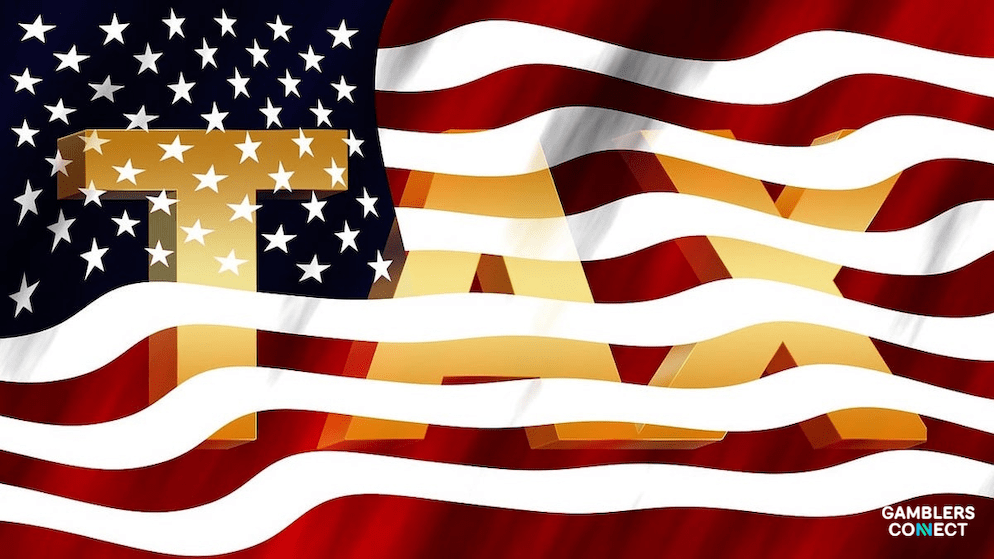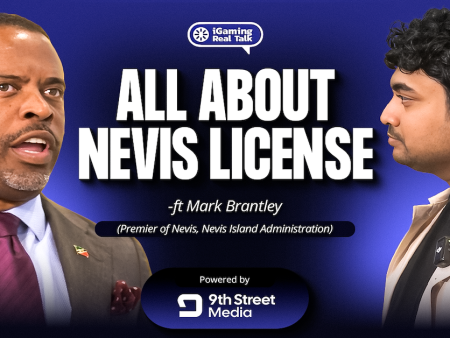
New Jersey lawmakers have reached a compromise on the state’s tax rate for online gambling and sports betting, settling at 19.75%.
This new rate is a middle ground between the previous rates—13% for online sports betting and 15% for online casino games—and the 25% initially proposed by Governor Phil Murphy earlier this year.
The updated rate will be part of New Jersey’s $58 billion state budget, which must be finalized by July 1. While the agreement hasn’t been made official yet, several lawmakers and industry insiders have confirmed the decision, asking to remain anonymous due to budget negotiation rules.
Governor Murphy explained that the aim was to boost revenue while keeping New Jersey’s gambling market competitive. “We want to be fair to taxpayers and the industry,” he said in a recent interview.
Murphy also pointed to New Jersey’s leadership in bringing legal sports betting to the U.S. through its successful 2018 Supreme Court case that overturned PASPA.
While the new tax rate is lower than what Murphy initially proposed, it will still increase the state’s gambling-related revenue. In 2024, New Jersey collected over $138 million in tax revenue from online sports betting and more than $358 million from online casino gaming.
Though the state had projected $402 million under a 25% rate, the 19.75% rate is expected to deliver slightly less, though officials haven’t confirmed the exact figure yet.
Some in the industry, however, remain concerned. Mark Giannantonio, president of the Casino Association of New Jersey, warned earlier that too-high taxes could push players back toward unregulated offshore sites, ultimately hurting both the industry and state revenue.
Still, with the new rate in place, New Jersey is trying to strike a balance between economic gain and long-term market sustainability.





